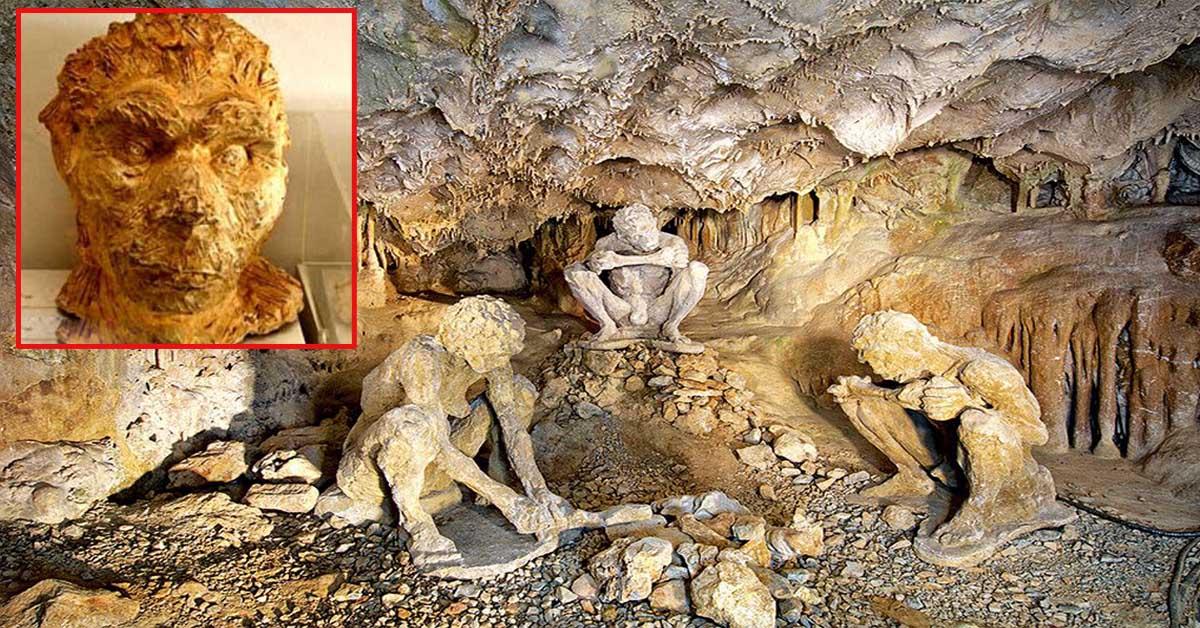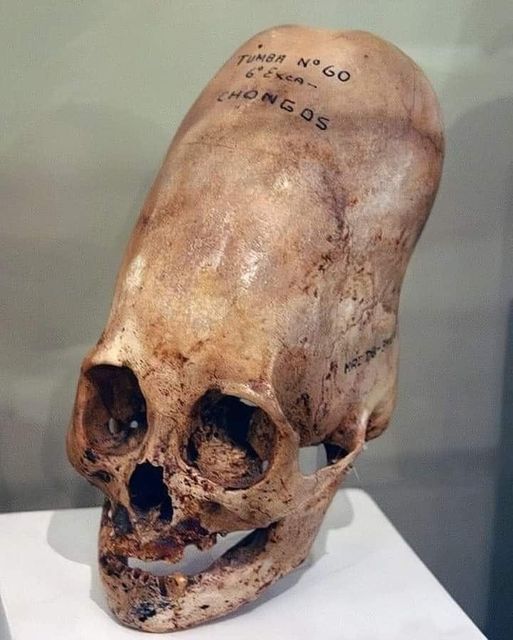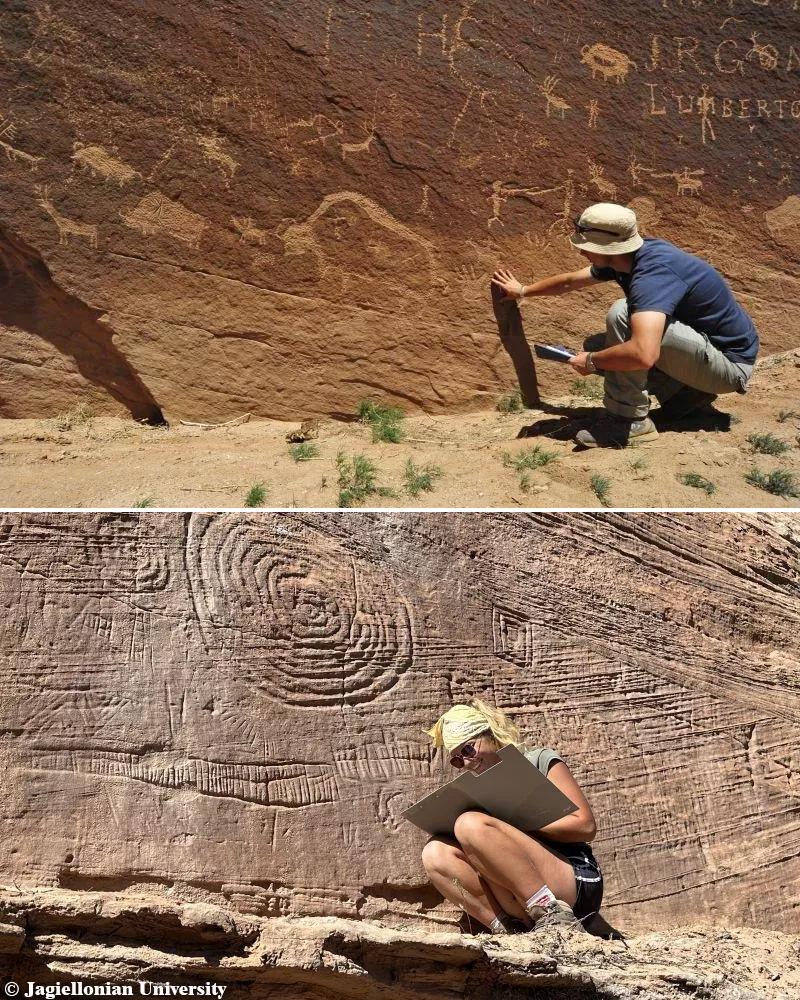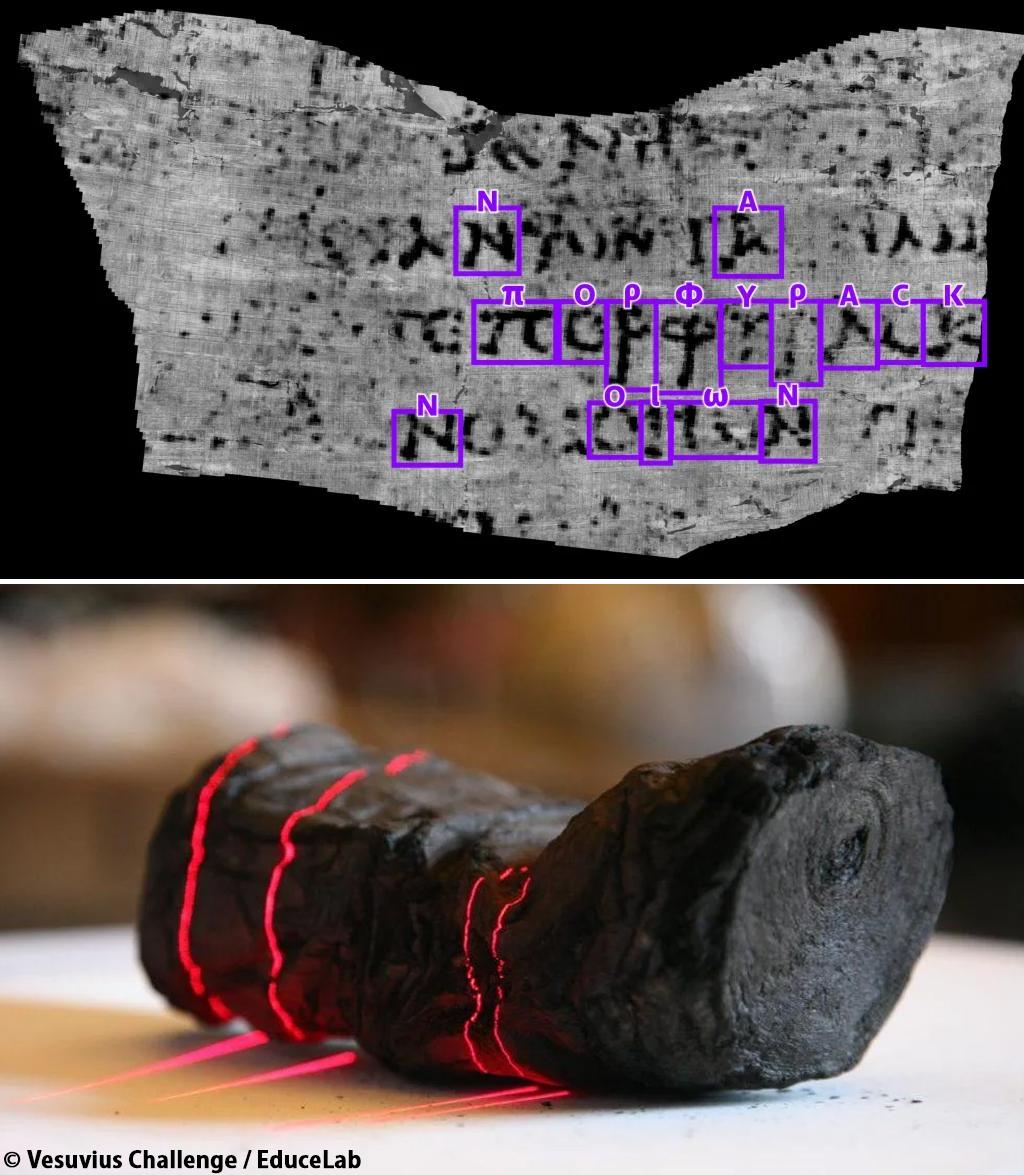In a groundbreaking archaeological find, a discovery in Greece has sent shockwaves through the scientific community, challenging long-held theories about human origins. The unearthing of a 700,000-year-old human skull defies conventional wisdom and raises profound questions about the ancient past. Join us as we delve into this extraordinary discovery and its implications for our understanding of human evolution.

The Discovery
Nestled within the rugged landscape of Greece, archaeologists unearthed a treasure that defies belief: the fossilized remains of a human skull dating back 700,000 years. This astonishing find, unprecedented in its age and significance, challenges prevailing theories about the migration and dispersal of early humans. As researchers meticulously analyze the skull and its surrounding context, they are confronted with a mystery that upends our understanding of human evolution.
Challenging the "Out of Africa" Theory
For decades, the "Out of Africa" theory has been the prevailing model for explaining the origins and dispersal of modern humans. According to this theory, Homo sapiens emerged in Africa around 200,000 years ago before spreading to other parts of the world. However, the discovery of the 700,000-year-old human skull in Greece casts doubt on this narrative, suggesting that early humans may have inhabited regions outside of Africa far earlier than previously thought.

Implications for Human Evolution
The discovery of the 700,000-year-old human skull opens new avenues of inquiry into the complex tapestry of human evolution. It challenges researchers to reconsider long-held assumptions about the timing and patterns of human migration and adaptation. By expanding the geographical and temporal scope of human origins, this find invites us to rethink the diversity and complexity of our evolutionary history.

Scientific Inquiry and Debate
As scientists grapple with the implications of this extraordinary discovery, debate rages within the scientific community. Some argue that the find necessitates a reevaluation of existing models of human evolution, while others caution against drawing hasty conclusions. Through rigorous analysis and further research, researchers hope to unlock the secrets of the ancient skull and gain a deeper understanding of its significance in the broader context of human history.
Conclusion
As we contemplate the significance of the 700,000-year-old human skull discovered in Greece, we are reminded of the boundless mysteries that surround our origins as a species. This remarkable find challenges us to rethink our assumptions about human evolution and invites us to explore new frontiers in the quest to unravel the story of our shared ancestry. As researchers continue to probe the depths of the past, may we remain open to the possibility of discovery and the transformative power of knowledge.










